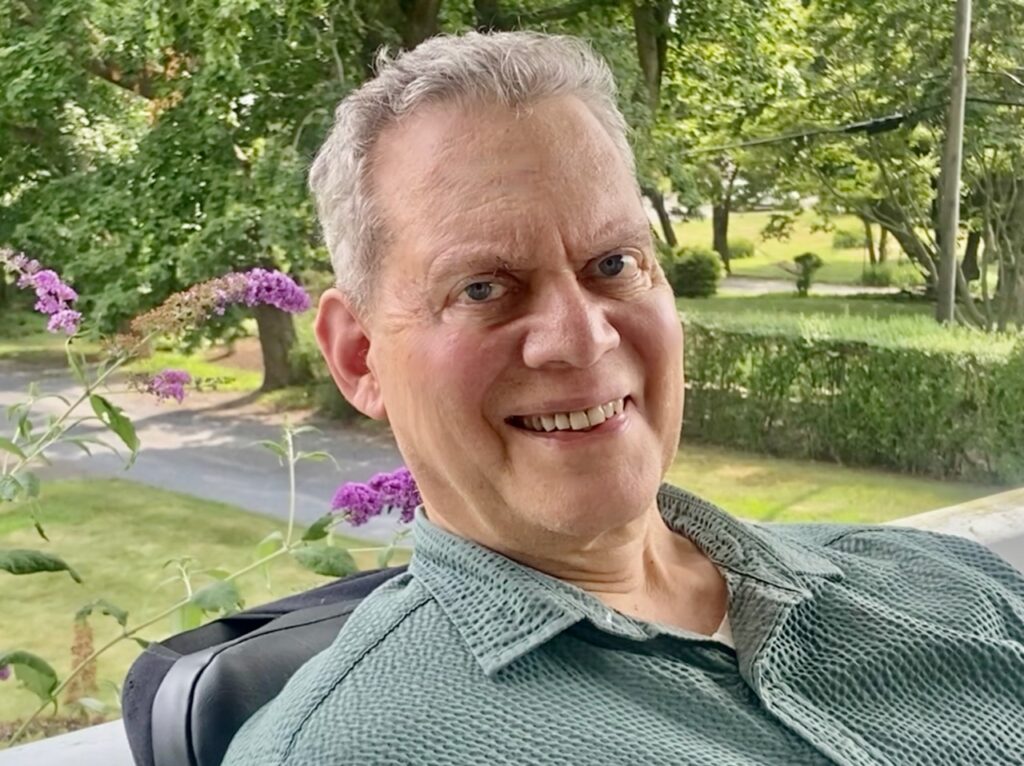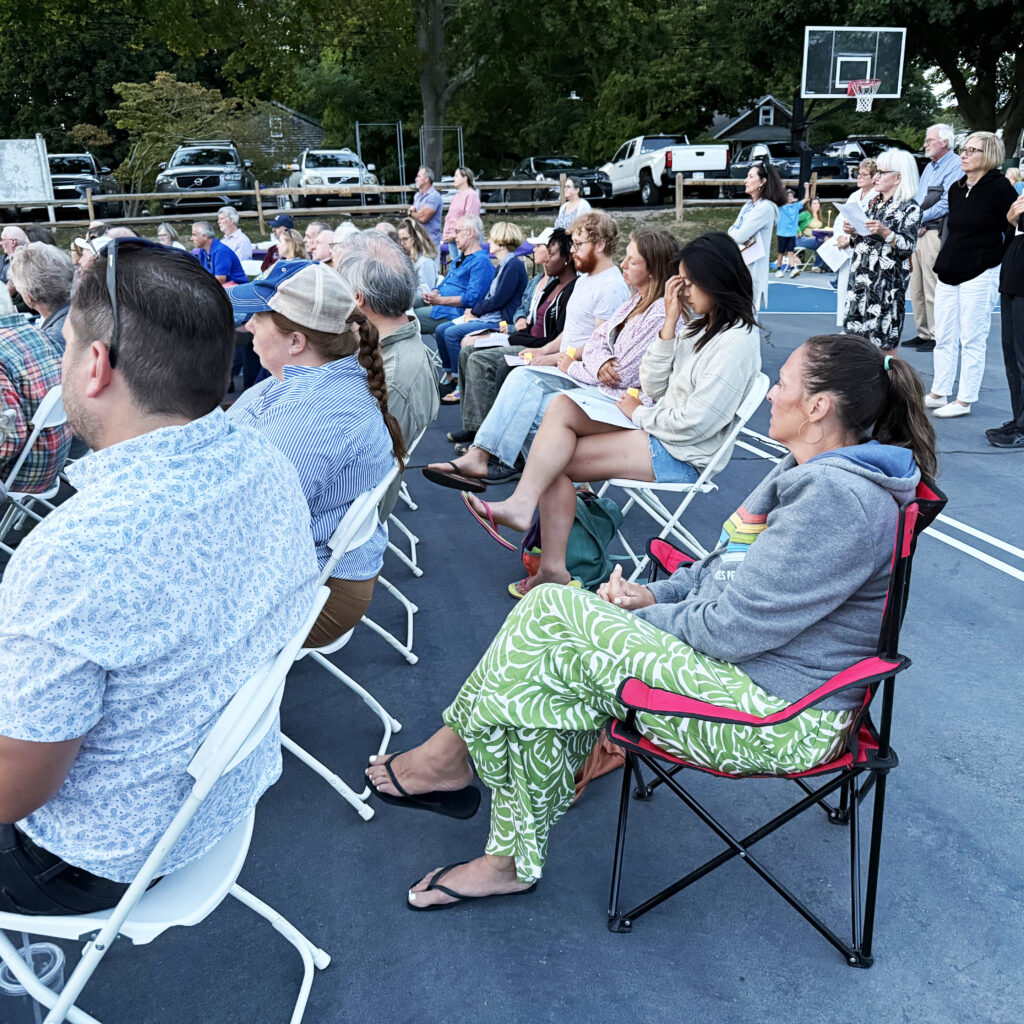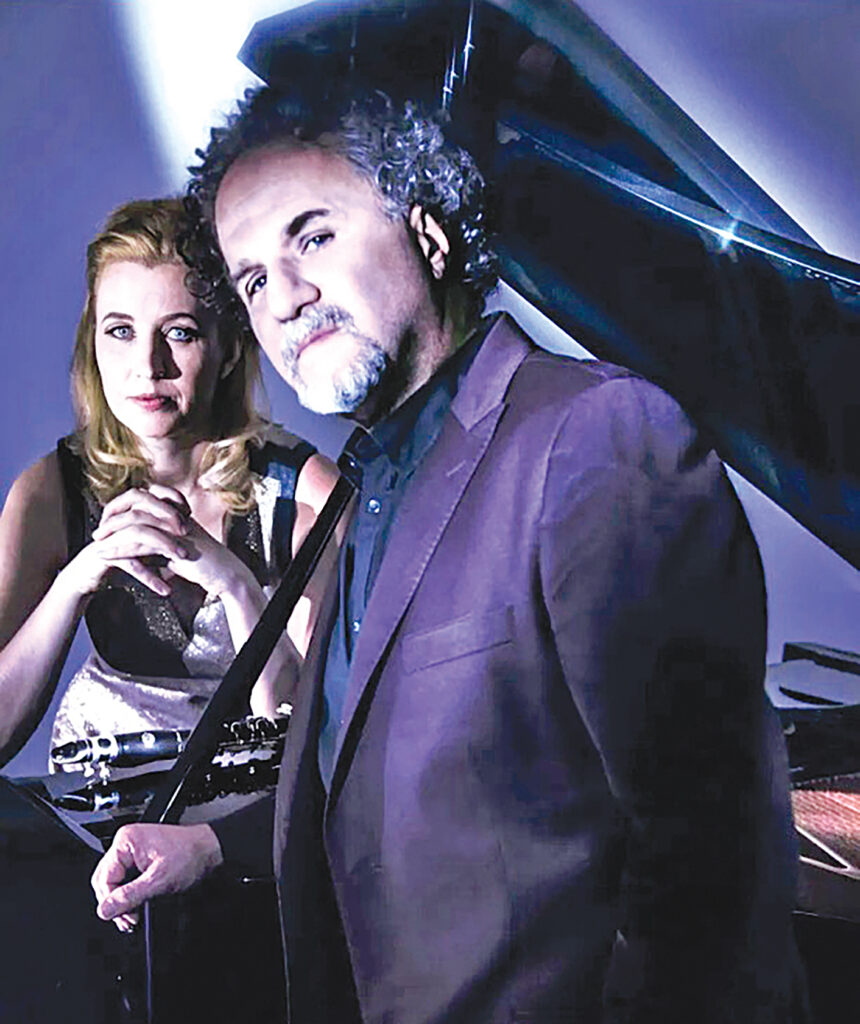Musician Steven Blier and the ‘invisible art’

The first chapter of Steven Blier’s new memoir, “From Ear to Ear,” opens with an arresting photo of the author, taken when he was a full-of-beans three-year-old with large, expressive eyes, gap teeth and the unmistakable look of a lot going on upstairs.
Taken near the house on Shelter Island his family rented a few months before he touched his first piano, it seems he was already in possession of the gifts that would make him great.
Steven Blier has been described as “a natural pianist” with an approach to music so unique that he was not just rejected for admission to a graduate program for solo piano at Yale School of Music, he was advised not to play in public. But play he did, becoming an accompanist for such luminaries as Renee Fleming, Susan Graham, Jessye Norman, Cecilia Bartoli and Lorraine Hunt Lieberson.
He is on the faculty at Juilliard and founded The New York Festival of Song (NYFOS) in 1988. As a recording artist, he won a Grammy in 1990 for the premiere recording of Bernstein’s “Arias and Barcarolles” and was nominated for Grammys in 1989 and 1999.
Orient residents know Blier as the genius behind an annual summer concert of song at Poquatuck Hall in Orient Village. This weekend, “Steven Blier with Lucia Bradford — Jazz, Blues and Broadway Tunes” is set for Aug. 3 at 3 p.m., an event that is free and open to the public.
Steven’s history of spending summers on the East End began in the 1950s with his family, but as an adult, he began renting houses on the North Fork in the 1990s. The close group of friends — mostly architects — who came to include his husband, the architecture writer James Russell, eventually settled in a large 1895 farmhouse in Orient with views of the Long Island Sound from one side and Orient Harbor and Shelter Island on the other.
Their summer colony got a moniker when a friend who was renting nearby came to visit. “He came to do something, go swimming or the beach, or just to do something normal,” said Steven, “and he found four Jewish people sitting in front of computers at a table.” When the phone rang, the friend answered it saying, “Hello, Rancho Obsesso.” The name stuck.
On a recent Saturday, the Rancho was in full Obsesso-mode, with one inhabitant working at a large dining table on the porch, while others read, and stared at laptops spread out over a porch the size of a bowling alley. “The one thing we do together is meals,” said Steven. “Not breakfast, but lunch and dinner.”
“I live in a different world. I live in a world of sound,” he added. “Music can make you very internal, because it’s all vibrational. It’s the one art form you can’t see, the only invisible art form. And I think that I live in the world of vibration. That’s really my medium.”
He describes his recent life in Orient as one of music, work and writing, as he completed his musical memoir, a vividly written and witty account of his life learning from and playing for the most celebrated vocalists and composers of our time. His stories of the musicians he has worked with are affectionate, hilarious, and forgiving.
One fact of his life that he describes frankly in the memoir is his life with facioscapulohumeral muscular dystrophy, an inherited, progressive condition that he didn’t know he had until he was 37 years old. “I wasn’t diagnosed until after my father died, November of ‘89, quite late,” he said “It was my father’s decision to keep me in the dark. I think he felt that because the disease could take so many different forms, he didn’t want me worrying about it all the time.”
It wasn’t until 2010 that Steven began to get around with a mobility device, and he continues to work and perform.
He gave his first concert in Orient in 2009, performing with Paul Appleby in a tiny barn crammed with over 100 people. He’s been performing summer concerts in Orient ever since.
The concert at Poquatuck Hall promises to express the heart and soul of Steven and mezzo-soprano Lucia Bradford. They have planned a one-hour program of songs of Cole Porter, blues numbers, a jazz piano solo and a surprise encore. “What a voice,” Steven said, “Oh, my God … powerful, deep, a tremendous sense of rhythm, and a wonderful wit about her.” He continues to listen to his own vibrations. His latest projects are a 2025 recording titled Schubert/Beatles, the publication of “From Ear to Ear” on November 18, and the season opening on November 20 of the New York Festival of Song. That program is dubbed “North America, South America,” a love story featuring baritone Joseph Parrish, a Baltimore native, and his partner on and off stage, the Bolivian soprano, Shelén Hughes.
Not a bad year for a pianist who was once advised not to play in public.
“Steven Blier with Lucia Bradford — Jazz, Blues and Broadway Tunes,” at Poquatuck Hall, 1160 Skippers Lane in Orient on August 3, at 3 p.m. is free and open to the public.









